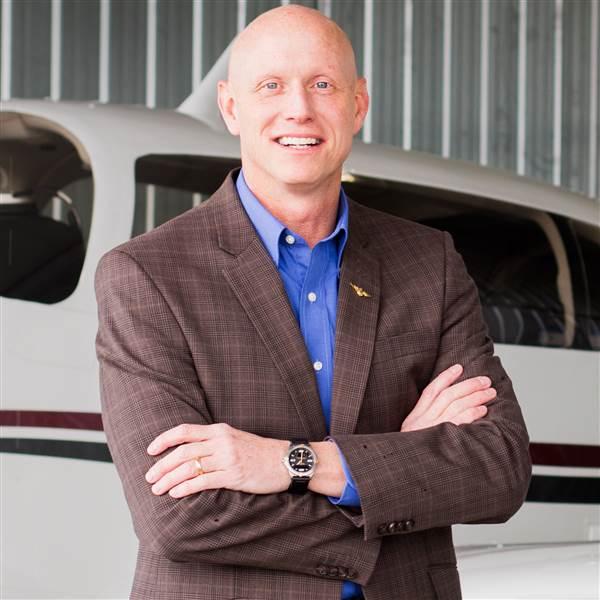Safety Spotlight: Expanding your social universe
How surfing can make a pilot safer
Before the internet, pilots learned from talking with their instructor and through the mistakes they made. While a student is under the watchful eye of an instructor, learning limited to personal experience works just fine. But after training is over and a pilot is on his or her own, sometimes learning happens the hard way. Novelist Thornton Wilder once said, “The more decisions that you are forced to make alone, the more you are aware of your freedom to choose.” Freedom is a good thing, but as most of us know, a pilot certificate doesn’t mean you’re through learning; getting your “ticket” is just the beginning.
The good news today is there’s really no reason to learn by yourself, or be limited by your unique set of experiences. There’s an entire flying community online with thousands of years of collective knowledge from which pilots—both new and old—can draw. Thankfully the process of learning to fly and becoming a better pilot is made much easier by living in an interconnected world. Pilots can share information with just a few keystrokes.
Nothing will ever replace the firsthand experience needed to become a good pilot. It still takes actual flight time to build fundamental stick-and-rudder skills.Before people get excited and think that if they watch enough YouTube videos, they’ll become a fighter pilot, it’s important to draw a distinction between knowledge and experience. Nothing will ever replace the firsthand experience needed to become a good pilot. It still takes actual flight time to build fundamental stick-and-rudder skills. But gaining aviation knowledge is easier than ever before. Information sharing through the internet can help pilots gain knowledge much faster than ever. It’s an incredibly powerful tool that can possibly save your life. To begin with, sharing mistakes helps others gain experience without screwing things up themselves. It’s a lot easier (and less expensive) to watch a video and learn from another pilot than it is to get in an airplane and learn each lesson yourself.
Most pilots are familiar with the AOPA Air Safety Institute (www.airsafetyinstitute.org) and its array of learning materials, which include videos, courses, quizzes, and more. As video production has become easier and much less expensive, others are creating some cool aviation content online, too. One excellent example I recently came across was Flight Chops (www.flightchops.com), a collection of videos that gives virtual ride-alongs. The effort provides a series of introspective videos in which Steve the pilot critiques his flying in a humorous and self-deprecating way. I love the fact that he is open and honest about his mistakes, and that he’s comfortable sharing them with the flying world—and he’s got a killer set of sideburns you have to see to believe.
The point to all this is that the internet has really changed the way we learn. Information sharing allows us to gain flying knowledge by simply accessing the internet. Social networks, aviation forums, type club websites, and online learning tools for pilots have made it possible for us to share information, learn from each other, and be better aviators in a way that wasn’t possible just a decade ago.
Learning to fly and improving as a pilot should always be thought of as a team sport that can be both live and virtual. Next time you come across a problem, unfamiliar situation, or a tough decision, see if you can find the information you need online. It’s a safe bet that you’re not the first, and the information you need is just a few clicks away. The social universe for pilots is probably the most important resource to build a support system for learning and safety awareness. With social networks and info-sharing, pilots can access valuable knowledge and participate in a community linked together by a love of flying—and the internet.



